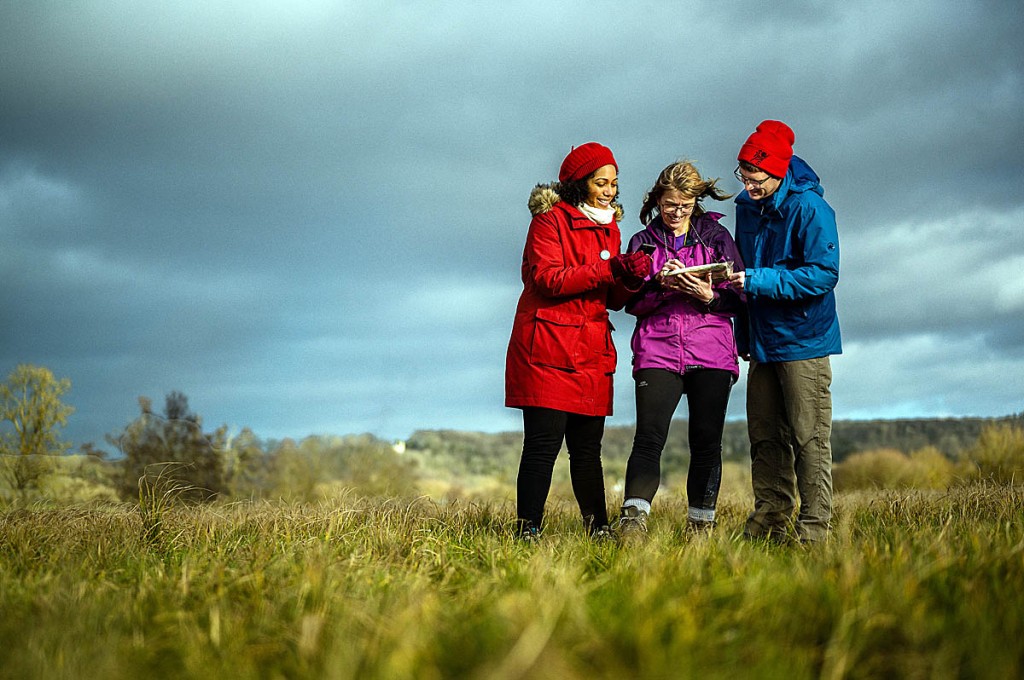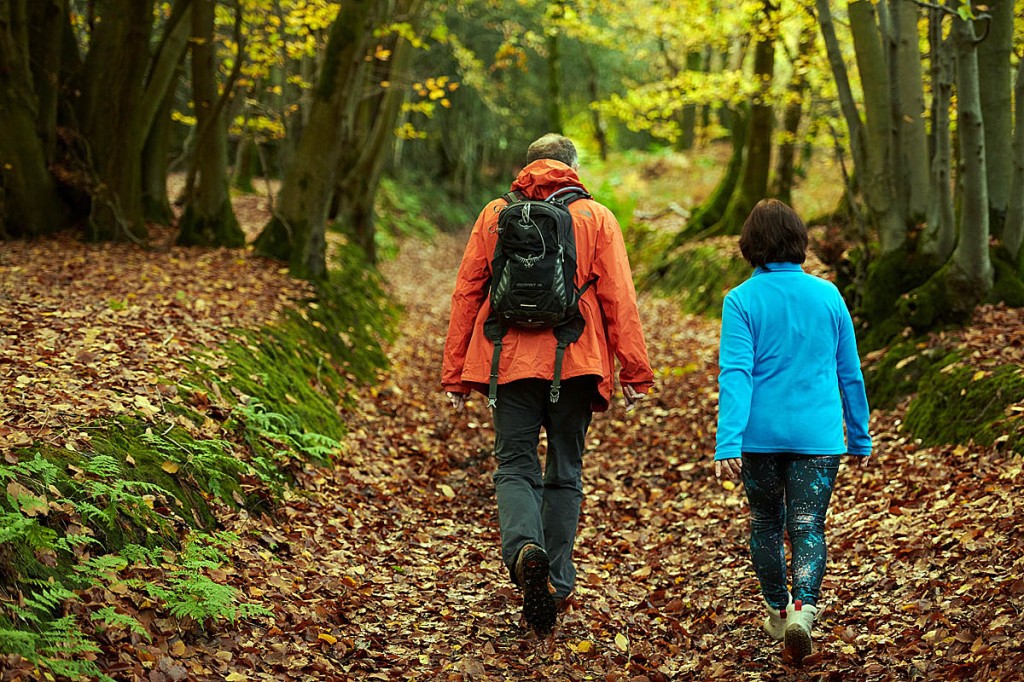More than 49,000 miles of footpaths in England and Wales are at risk because they have not been officially recorded.
Months of research by volunteers have revealed thousands of rights of way that are missing from definitive maps.
Now the walkers’ charity the Ramblers faces a race against time to meet the 2026 deadline to have the paths officially recognised.
The organisation’s Don’t Lose Your Way campaign initially estimated there would be about 10,000 miles of historic paths that were not on the definitive records, but a mass ‘citizen geography’ project launched in February uncovered almost five times that distance: 49,138 miles of missing paths.
Thousands of volunteers took part in the mission to chart the missing paths, which began just as news of the coronavirus pandemic was emerging.
The Ramblers said: “These paths are a vital part of our heritage, describing how people have travelled over the centuries within their communities and beyond, yet if they are not claimed for inclusion on the definitive map – the legal record of rights of way – by January 2026, we risk losing them forever.
“At a time when, more than ever, we recognise the importance of being able to easily access green space and connect with nature, it is vital that we create better walking routes to enable everyone to explore the countryside and our towns and cities on foot.”
The charity released its figures on Monday. In the most comprehensive survey of lost rights of way to date, the volunteers searched 154,000 one-kilometre squares using the Ramblers’ bespoke online mapping site.
After the government cut-off date of January 2026, it will no longer be possible to add paths to the definitive map based on historic evidence, meaning the right to access them will not be protected for the future, the Ramblers said. More than a fifth of the lost paths found are in the South West of England – more than 9,000 miles – with Devon topping the list of counties with the most missing rights of way, while the West Midlands had the highest density of lost paths potentially to be added to the map.
Jack Cornish, the Ramblers’ Don’t Lose Your Way programme manager, said: “The amazing response we had from the public to help us search for missing rights of way just goes to show what an important place our path network holds in the hearts of so many of us.
“By getting the most useful of these paths back on the map, we will not only be saving a little bit of our history, we’ll also be able to improve the existing network, creating new and better walking routes, enabling more of us to more easily enjoy the outdoors.”
Recent research by the charity showed that the ability to walk to and access nature and green space close to where people live is more important than ever following the Covid-19 lockdown, with 60 per cent saying that more or better walking routes near where they live would improve their quality of life.
Mr Cornish said: “As we increasingly recognise the huge benefits of being able to easily get outdoors and access nature, saving these paths takes on an even greater urgency.
“With just five years to go, it’s more important than ever to protect this precious asset for generations to come. We are asking the public to help us to save these paths and our Crowdfunder has been generously kick started by Cotswold Outdoor, with a contribution of £10,000.”
Steve Hulbert from Cotswold Outdoor said: “At Cotswold Outdoor, we know what makes an adventure. It’s our mission to help people get outside in a sustainable way. That’s why, as proud long-term partners of Ramblers, we’re committed to supporting the Don’t Lose Your Way campaign.
“By working together, we can help protect our paths, trails and byways and ensure their preservation for future generations to enjoy, so everyone can continue to make the most of every moment spent on them.”
The Ramblers said the mapping project has for the first time given a true picture of the scale of missing paths, enabling them to start prioritising paths that would be the most useful additions to the definitive map, research the historic evidence and make applications to local authorities to add them to the map.
“Once legally recorded as rights of way, and added to the definitive map, they are protected under the law for people to use and enjoy forever. If successfully claimed the missing paths will have the potential to increase the path network in England and Wales by up to a third,” they said.
Volunteers found 41,628 miles of lost paths in England, and 7,468 miles of similar routes in Wales.
The top five counties with the most missing paths were Devon, with 2,949 miles; North Yorkshire, 2,651 miles; Herefordshire, 2,253 miles; Lincolnshire, 1,934 miles; and Suffolk with 1,918 miles.
John Bainbridge, a path campaigner and Ramblers volunteer, explained his reason for being involved in the project: “Paths are my passion, but like many walkers I took them for granted in the early days.
“Walk a path and you are walking in the steps of countless generations who walked the same way for work or pleasure. Yet these paths could so easily slip away and it’s only when things have gone that people tend to regret what they’ve lost.
“I knew there were quite a lot of paths that weren’t on the definitive map but I hadn’t realised how many. We’ve got to get out there, find the historic evidence for these paths, and save them. It’s going to be a massive, massive job, and we really need as many people as possible to get involved, in whatever way they can.”
The Ramblers said: “While some of the missing paths are still in use, others have become overgrown and unusable, but what they all have in common is that they did not make it on to the official definitive maps that councils were required to draw up in the 1950s.
“Many of these lost rights of way could improve the existing network, creating new circular walking routes or connect people more easily to local green spaces, nature and the countryside.”
The charity is now calling on people to join its team of volunteers, researching historic evidence and submitting applications to local authorities ahead of the 2026 deadline, to get the most useful paths restored to the map. It is also calling on the Government to extend the deadline for registering historic paths by at least five years.
More details on lost paths and how to make a donation are on the Ramblers’ website.


Doddy
03 November 2020Great news to identify more paths,; however getting them on the definitive maps is going to be a challenge giving council staffing levels and finance. Can volunteers be mobilised to help in that and maintain these paths.